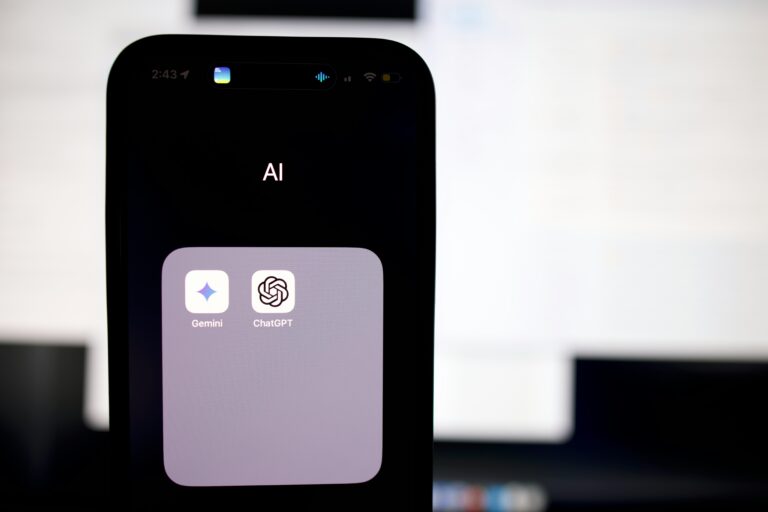March 16, 2021
WASHINGTON, D.C.—The Futures Forum on Learning today announced the winners of its Tools Competition, which was convened and sponsored by Schmidt Futures and Citadel Founder and CEO Ken Griffin to accelerate pandemic-related learning recovery and advance the field of learning engineering. The winning teams, made up of entrepreneurs, learning scientists, and researchers from around the world, are now eligible to receive a total of more than $1.5 million in awards to fund tools, technologies, platforms, and research projects ranging from interactive learning apps to on-demand tutoring.
Launched in July 2020 at the Futures Forum on Learning, the Tools Competition generated nearly 900 proposals from 55 countries, showcasing innovative ways to accelerate learning recovery and mitigate the educational impact of COVID-19 on K-12 students. The educational tools developed by the winning teams have the potential to serve one million students by the end of 2021 and close to 20 million students within the next three years, according to estimates calculated by each team.
“The pandemic has underscored the importance of investing in long-term innovative solutions that improve student outcomes,” said Ken Griffin, Citadel Founder and CEO. “Every student should have access to the tools and resources they need to succeed, and I applaud the winners of our Tools Competition for their commitment to improving education for students globally.”
“The Tools Competition is built on three big ideas,” said Kumar Garg, Managing Director and Head of Partnerships at Schmidt Futures. “We must address the global learning loss from the pandemic now, or risk the consequences lasting for years. We must develop new solutions. And we can’t just chase after silver bullets—we have to actually invest in tools that use the best learning science and have the infrastructure for continuous improvement. That’s the value of learning engineering, and that’s what all of these winners exemplify.”
The 18 winning teams come from institutions and organizations across North America, South America, Europe, Asia, and Africa. Their proposals address a range of learning goals—from improving math and reading proficiency to increasing the quality and availability of remote instruction. In addition to receiving financial prizes, the winning teams will share insights from their work with external researchers to facilitate experimentation to improve student outcomes and better understand student learning.
The winning proposals can be found here. Among the winners are:
- Springboard Collaborative: Alejandro Gibes de Gac is the founder and CEO of Springboard, a nonprofit focused on closing the literacy gap. Growing up, he learned firsthand that a parent’s love for their children is the single greatest—and most underutilized—natural resource in education. Springboard helps schools accelerate student learning by harnessing the untapped teaching potential within families. In the Tools Competition, Springboard will leverage speech recognition to build an assessment that helps parents to measure and understand their children’s reading development.
- UPchieve: Aly Murray is the co-founder of UPchieve, a real-time tutoring platform for low-income students. She is the daughter of a Cuban immigrant and had limited access to academic support at home growing up. Driven by this experience, she will use the Tools Competition award to scale the company’s tutoring support to reach more students like her.
- Rising Academies School Network: George Cowell is the international director of the Rising Academies in West Africa. Rising’s award-winning distance learning by radio program ‘Rising On Air,’ built from lessons learned from the Ebola crisis, reached more than 12 million children across 25 countries in 2020. In 2021, Rising will develop an interactive chatbot tutor that complements this high-quality radio instruction, with plans to scale across the world through its existing partner network.
- Kolibri: Richard Tibbles is the co-founder of Learning Equality, where he leads the development of Kolibri, an adaptable, open source platform used to support offline-first teaching and learning. The Tools Competition award will drive improved learning for more than a million learners in low- or no-connectivity settings, such as rural schools. The award will also ensure that the data collected in these settings informs the design of future learning experiences.
Tools Competition Background
Administered by The Learning Agency with support from Teachers College, Columbia University, and Worcester Polytechnic Institute, the competition consisted of three rounds of proposal evaluations and pitches before a panel of judges that included philanthropists, education technologists, teachers and researchers. In order to be considered for an award, each proposal had to address a pressing learning goal connected to COVID-19 learning loss and work with external researchers to build a culture of continuous improvement.
Winners have now received the first installment of their awards and will be provided with the opportunity to connect with leaders in the field and present their ideas to a panel of educators for further refinement, review, and funding.
The field of learning engineering, and Schmidt Futures’ Learning Engineering program, aims to leverage the rapid advances in computational methods, data, and talent to both improve and utilize our growing understanding of how people learn. The Tools Competition embodies that approach by seeding the development of new tools and approaches that contribute to research infrastructure for rapid testing and improvement by a new generation of computational talent.
More information about the competition, as well the winning proposals, is available here.



